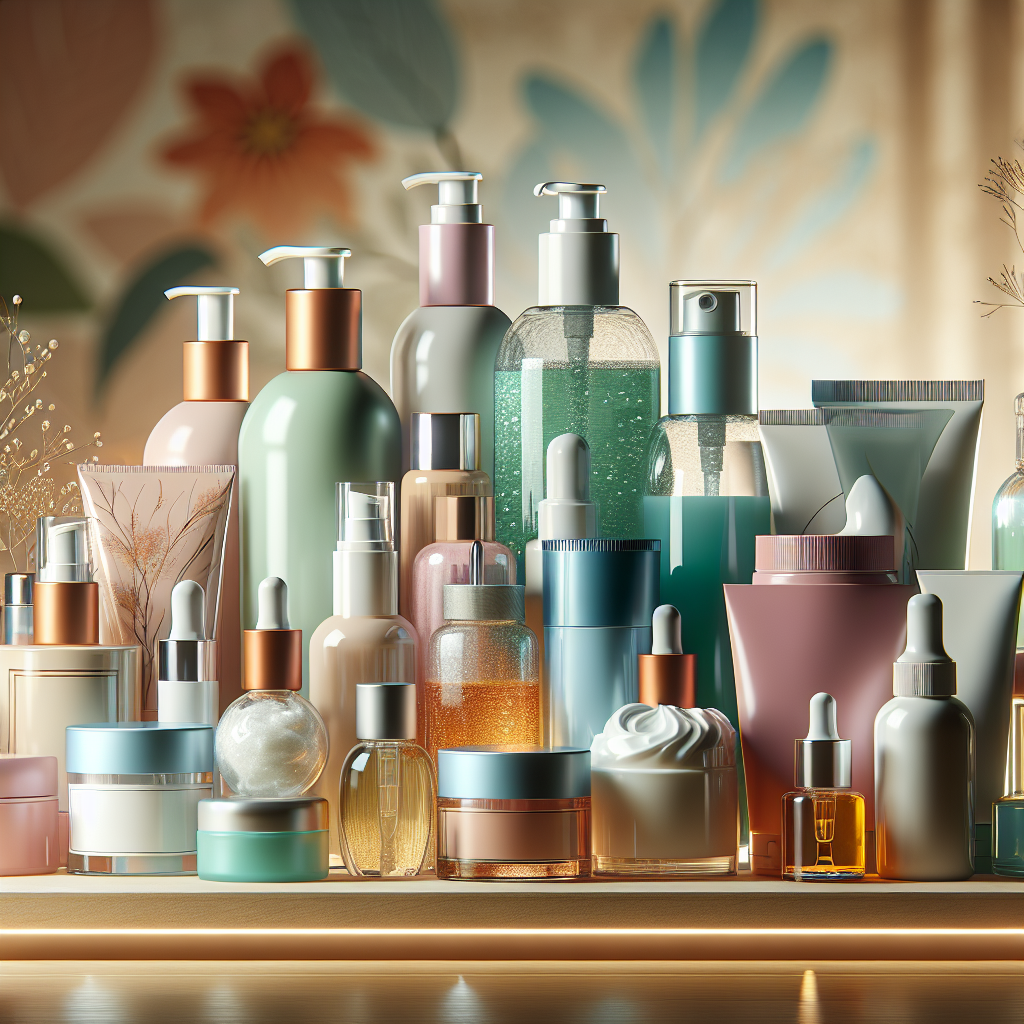Proper hydration is a cornerstone of overall health, and its effects are visibly reflected in the condition of our skin. As the body’s largest organ, skin not only acts as a protective barrier but also as a mirror to our internal well-being. The intricate relationship between hydration and skin oil production is a topic of interest for both dermatologists and those seeking to maintain a healthy, youthful complexion. In this comprehensive exploration, we’ll delve into how hydration impacts skin health, the role of oil production, and practical steps to balance both for optimal skin care.
Understanding Skin Hydration and Oil Production
The human skin is comprised of cells that require water to function properly. Hydration refers to the skin’s moisture level, which is crucial for maintaining its elasticity, suppleness, and resilience. When the skin is well-hydrated, it appears smooth and plump. On the other hand, dehydrated skin can look dull, feel tight, and show signs of premature aging such as fine lines and wrinkles.
Sebum, the natural oil produced by the sebaceous glands, plays a key role in maintaining the skin’s moisture barrier. This oily substance helps to keep the skin lubricated and protects against external irritants. However, an imbalance in oil production can lead to skin issues; too much oil can result in a greasy appearance and acne, while too little oil can cause dryness and irritation.
The Impact of Hydration on Sebum
Hydration and oil production are interconnected. When the skin is dehydrated, it can trigger an overproduction of sebum as the body attempts to compensate for the lack of moisture. This can lead to clogged pores and breakouts. Conversely, adequate hydration can help regulate oil production, as the skin doesn’t need to overcompensate with excessive sebum.
To understand more about skin health and its maintenance, consider exploring detailed insights on Skin Health.
Factors Affecting Skin Hydration and Oil Production
A variety of factors can influence your skin’s hydration levels and oil production, including:
-
Diet and Water Intake: Consuming a balanced diet rich in vitamins, minerals, and antioxidants supports skin health. Drinking enough water is essential for maintaining hydration from the inside out.
-
Climate and Environment: Extreme weather conditions, such as cold or dry climates, can strip moisture from the skin. Similarly, air travel is known for its dehydrating effects due to low humidity levels in airplane cabins.
-
Skincare Products and Routines: Using harsh skincare products or overwashing can disrupt the skin’s natural oil balance. It’s important to choose gentle, hydrating products and establish a consistent skincare routine.
-
Genetics and Hormonal Changes: Genetic predisposition and hormonal fluctuations, such as those experienced during puberty, pregnancy, or menopause, can affect oil production.
Strategies for Balancing Hydration and Oil Production
To achieve balanced, healthy skin, it’s essential to adopt a holistic approach that considers both hydration and oil control.
Optimal Water Intake
Drinking an adequate amount of water is the foundation of skin hydration. While individual needs may vary, aiming for approximately 8 glasses of water per day is a general guideline. Incorporating water-rich foods like fruits and vegetables can also contribute to your overall fluid intake.
Tailored Skincare Routine
Select skincare products that suit your unique skin type. For oily skin, look for non-comedogenic moisturizers that hydrate without clogging pores. If you have dry skin, richer creams with ingredients like hyaluronic acid can provide deeper hydration.
The importance of patience in skincare is often underestimated. Rushing the process or constantly changing products can prevent you from seeing the results of a well-considered skincare regimen. Learn more about the significance of this aspect in The Importance of Patience in Skin Care Results.
Environmental Considerations
Protect your skin from harsh environmental factors by using appropriate skincare products. For instance, during cold months, a heavier moisturizer can help combat dryness, while in the summer, a lighter, SPF-infused product can provide hydration and sun protection.
Professional Guidance
If you’re struggling with skin issues related to hydration or oil production, consulting a dermatologist can provide personalized advice. Professional skin care therapies can offer long-term benefits and should be considered as part of your skin health strategy. Discover the potential effects of these therapies in Professional Skin Care Therapies and Their Long-Term Effects.
Lifestyle Adjustments
Incorporating stress management techniques and ensuring adequate sleep can positively impact your skin. Stress can disrupt the hormonal balance, leading to increased oil production and skin breakouts.
External Resources for Further Understanding
For those seeking to dive deeper into the science of skin hydration and oil production, here are some highly specific resources to enhance your knowledge:
-
The International Dermal Institute offers insights into skin hydration and how to maintain it. International Dermal Institute
-
The Society of Cosmetic Chemists provides resources on the formulation of skincare products, which can help you understand how different ingredients impact hydration and oil production. Society of Cosmetic Chemists
-
The American Academy of Dermatology features guidelines for choosing the right moisturizer for different skin types, a critical factor in balancing hydration and oil production. American Academy of Dermatology
-
The British Association of Dermatologists presents research on the relationship between water intake and skin health. British Association of Dermatologists
Conclusion
The link between hydration and skin oil production is undeniable and plays a crucial role in maintaining a radiant and healthy complexion. By understanding this relationship and implementing the strategies outlined, you can better manage your skin’s needs and enhance its natural beauty. Remember that patience, consistency, and a tailored approach are key to achieving and maintaining well-hydrated, balanced skin.



